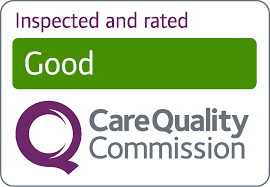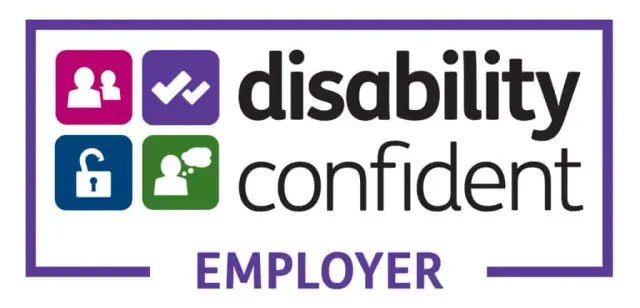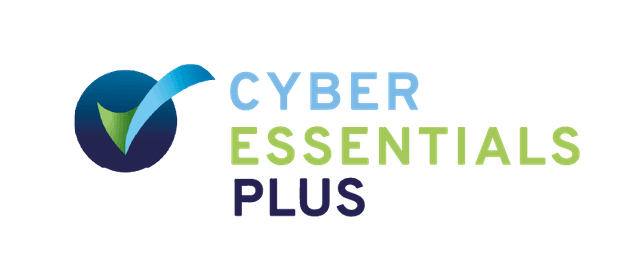Electroencephalogram
Mediservices.neurophysiology@nhs.net
Electroencephalography (EEG) is a test that looks at the naturally occurring brain activity and assesses the function of the brain.
Small painless electrodes are attached to the scalp with a paste, and a specialist physiologist records the electrical activity. This is then reported by a consultant Neurophysiologist.
What do we offer?
MediServices offer a 7-day week cover for in-patients and regular out-patient clinics.
Types of EEG
Routine EEG
This test is usually run for 20-60 minutes and provides an overview of the patient's background state. This is the most common test to be performed and can be done on NICU babies, pediatrics, adults, in-patients, out-patients, and those in Intensive care. Photic stimulation (flashing lights) and hyperventilation (deep breathing) may be used in order to elicit typical symptoms.In-patient EEG
We provide bedside testing and same-day reporting. Our in-patients are seen within 24hrs of referral. We can also provide long-term monitoring of in-patients with regular updates to the referring consultant as the EEG is happening.Long-term monitoring or video telemetry/ambulatory EEG
The sensors are attached to the patient with a specialist adhesive to ensure connectivity for days. This can be used on out-patients who go home with the equipment and camera.
Alternatively on in-patients, which is particularly of use in ITU or NICU where the patients can be monitored in real-time and updates to doctors provided when any change occurs. The EEG is recorded from 24-72 hours for out-patients and up to 7 days for in-patients.
Sleep studies – Sleep-deprived EEG
These are normally performed on patients after a period of sleep deprivation. This provides a more in-depth test and is done on out-patients who are able to come into sleep whilst the EEG is recording.MSLT (Multi sleep latency testing)
These tests are performed on out-patients following a sleep assessment. A sleep diary is created beforehand and assessed by our team. Once this is done the patient will attend the clinic for the entire day and have 5 opportunities to sleep. The rate of sleep onset and sleep stage is calculated using EEG, cardiac, muscle, and respiratory sensors.SSEP (Somatosensory evoked potentials)
Somatosensory evoked potentials are used to assess the pathway from the peripheral to the central nervous system. Small electrical impulses are given to your arms and legs and recorded with sensors on your head. These tests can be performed as in-patients or out-patients.
Out-patients normally present with specific (symptoms in one or two limbs) or general nerve symptoms and are assessed in the clinic by our specialist physiologists. For inpatients on ITU SSEPs are commonly used for neuro-prognostication, alongside EEG following severe brain injuries.
Your consent
Your consent for the test, video, photic stimulation and hyperventilation will be gained during the test. It is important to remember that hyperventilation and photic stimulation carry a small risk that may set off some typical symptoms but this is a very low risk and you are closely monitored for any changes.
If anything were to happen you will be looked after by the staff and cared for appropriately.
Sleep deprived patients should not drive to or from their appointments and should have a full night's sleep before operating machinery or driving again.
Frequently Asked Questions
Download our EEG Referral Form
Mediservices.neurophysiology@nhs.net
Clinical Governance
MediServices Healthcare continuously strives to uphold an excellent standard of service.
Led by our Medical Director, our clinical governance committee ensures that the quality of all services is continually monitored and reviewed.
Testimonials
MediServices Healthcare is committed to providing seamless insourcing and outsourcing solutions, our clients are at the heart of everything we do.





